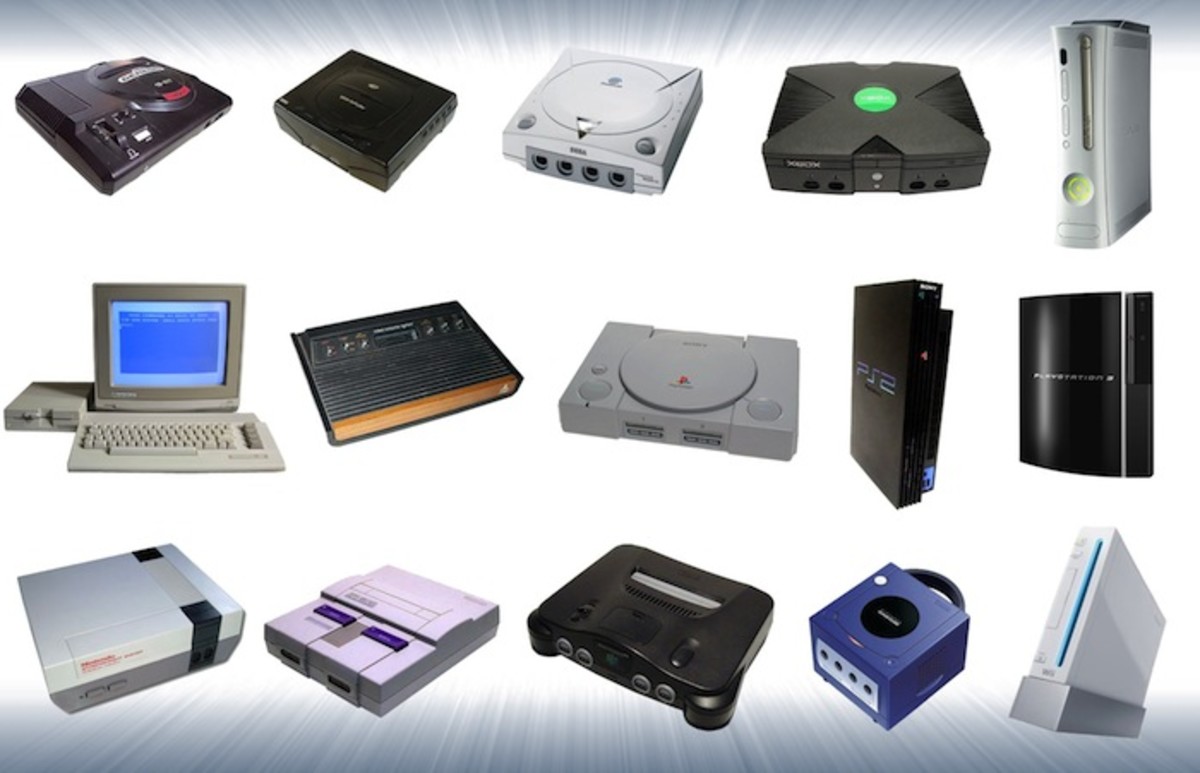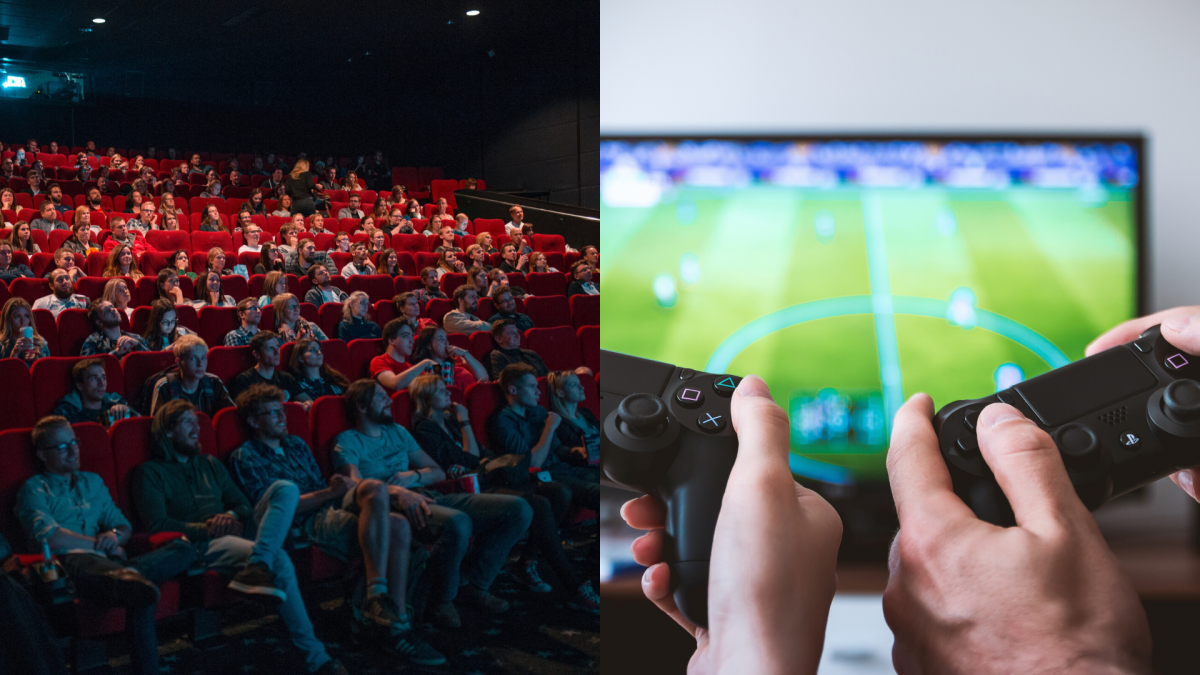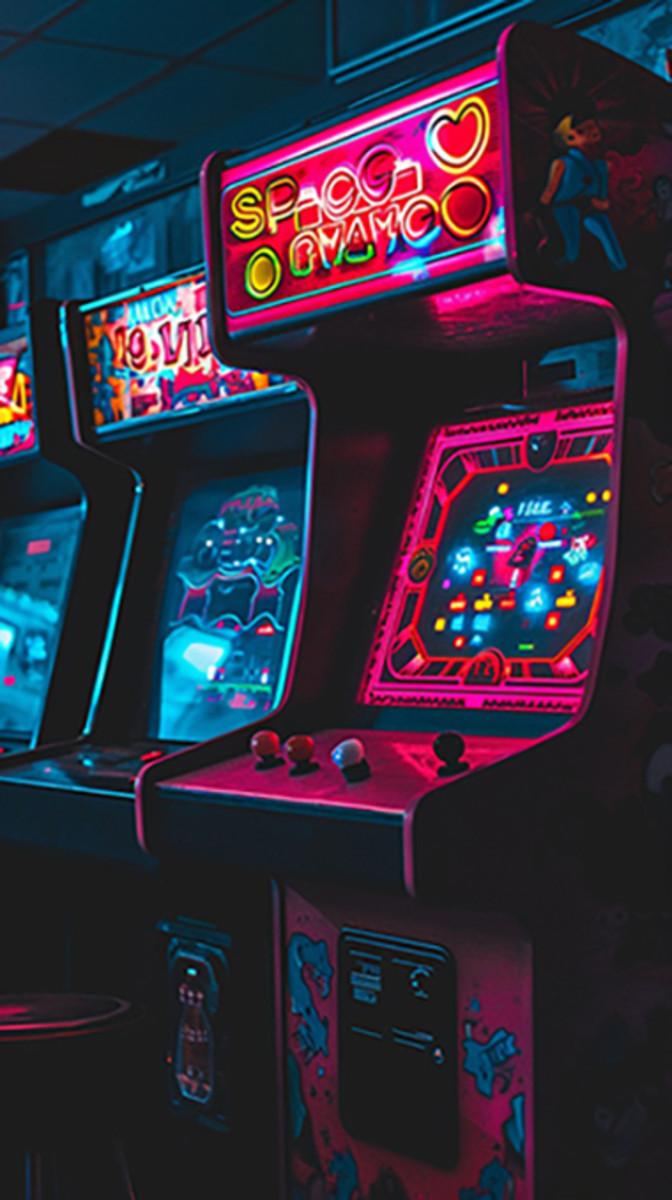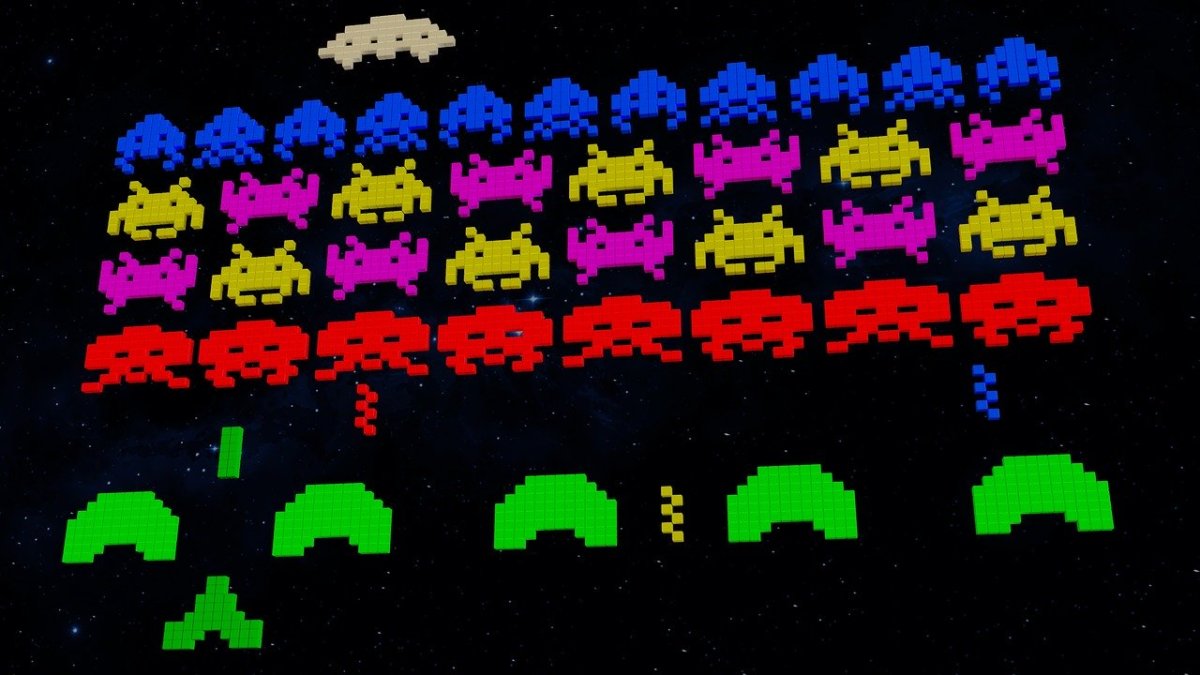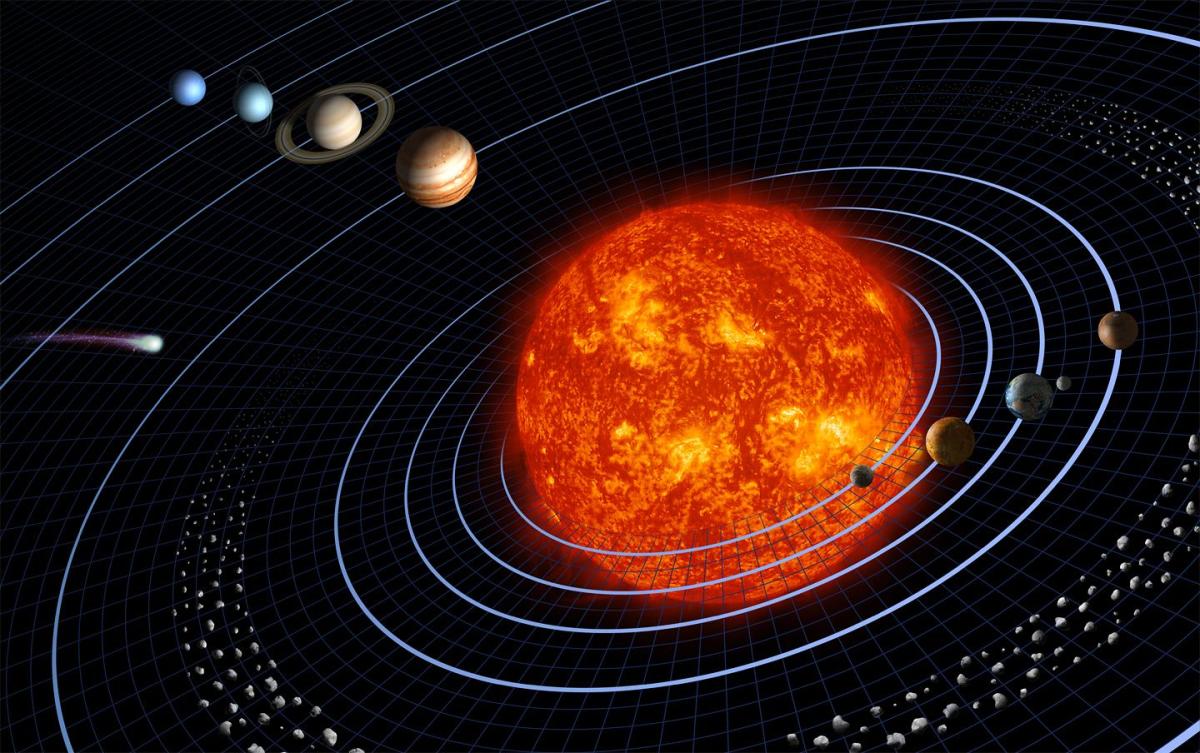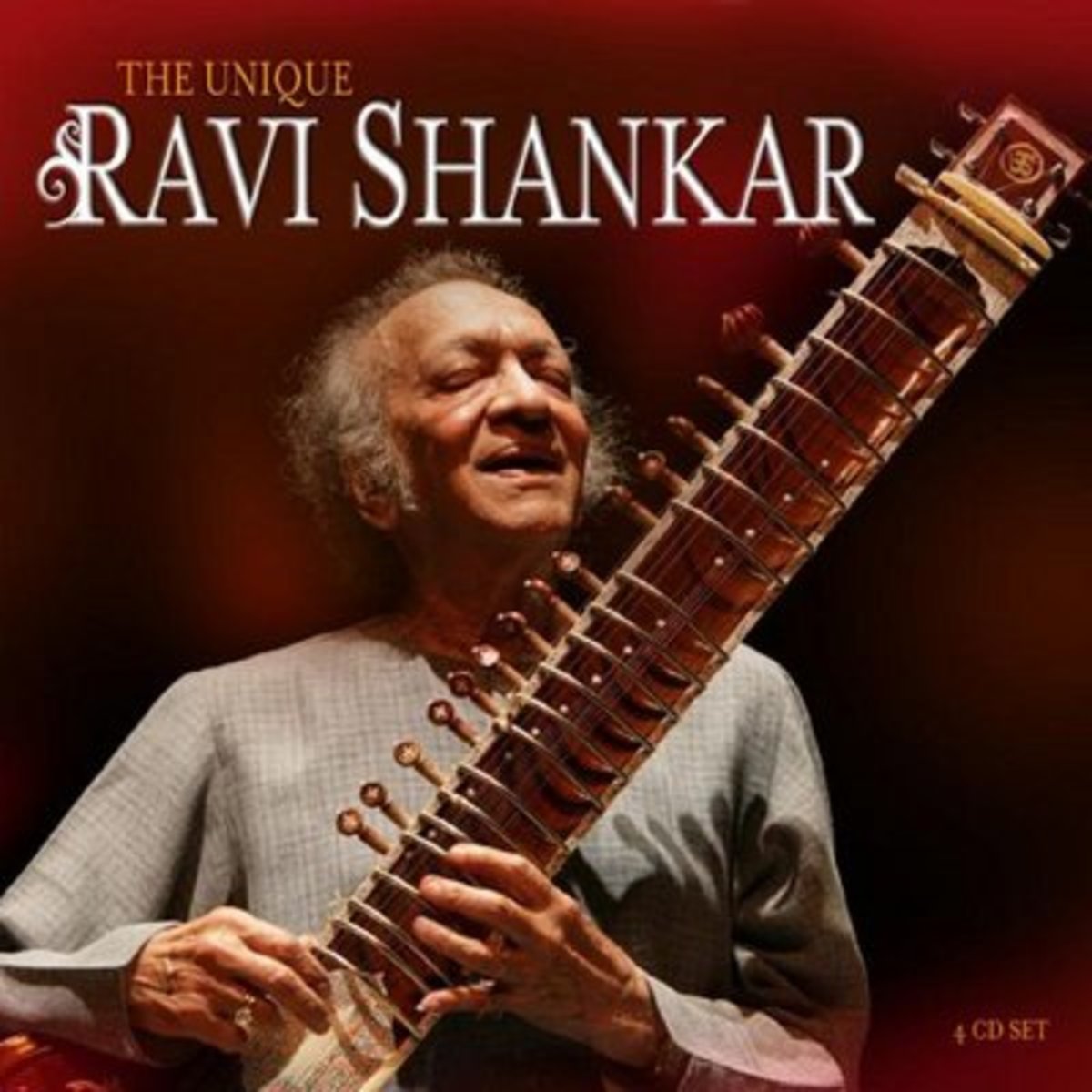The Golden Age of 8-Bit Music
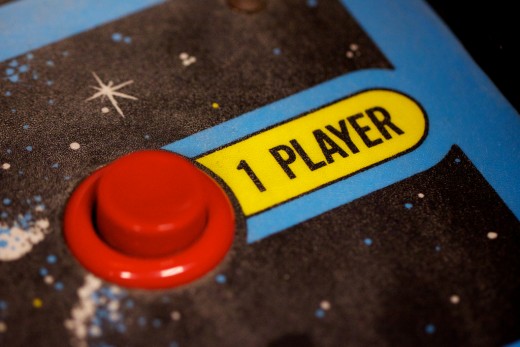
I’m a 90’s kid, and growing up video games were mostly the go to form of entertainment in my family. I first picked up a SNES controller around 3, and a few vague memories remain of classics like Super Mario World, Donkey Kong Country, Lion King, and other retro games that eventually filled a cardboard box that I'd find years later nestled in dust and cobwebs. The Nintendo64 came out, and I had played Yoshi Story, versed my family in Mario Party, and watched Link traverse Hyrule shouting his famous hiiyaaas!
Although I wasn’t around to experience true 8-bit music from consoles and arcade machines that used PSG or SID sound chips (Like Pac-Man or Donkey Kong Jr.), I did witness the transformation of musical capabilities from the SNES and Game Boy to higher quality audio produced from consoles thereafter like the N64, PS2, and so on. The Game Boy is the best representation of what I think of 8-Bit music today. Pokemon’s intro theme still occasionally jams in my head putting me in a sudden state of blissful nostalgia. There’s something special about the beeps and boops generated by this little handheld that no other modern day system I feel can capture. It’s like 8-Bit music was dropped and lost forever in the advent of new technology. Storytelling, artwork, interactivity, and innovation have been main focuses of games since the Atari, but the classic music of these older systems feels like it's been abandoned simply because sound cards allowed more and better sounds. Like the saying goes, the bigger the better.
8-Bit music, commonly known as chiptune or chip music, is a special style of music that sprung from the creation of video games since the late 1970’s, and the term chip was coined from sound chips found inside these early consoles. Sound chips were limited to generating about 4 different sound waves that could be played one at a time for sound effects or simultaneously to make a song. Making video game music around this time wasn't easy, it's not like a musician could just go inside a studio and record instruments. They had to program wave forms into musical melodies using numbers on a computer, and usually only 4 to 6 different waves (voices, or instruments) could be played at once. Because of this restriction composers had to be creative in making something memorable and catchy. The result is highly simplistic music with melody driving the main focus. Put that in a game where it loops over again, and it's easy to see why it's so highly memorable. The Super Mario Bros. “Ground Theme” is a perfect example. It's arguably the most recognized video game song in the world.
Chip music has a special place in my heart that's reminiscent with the some of the best moments of my childhood. Whenever I hear it, it virtually pulls me back into the days when I played Game Boy. I was fascinated and absorbed by the songs of each village in Pokemon just as much as finding new creatures. It has such a charming and delightful quality that I love about it. My old iPod is dedicated just to chip music, and it's filled with everything from classic games like Castlevania, Super Mario Bros., and Metroid to more modern artist like Sabre Pulse and Anamanaguchi. The endless amounts of chip music to discover spanning across the 80's and 90's is vast, and I think that's a great thing for anyone who is looking to dig deeper into the culture, people, and history around this unique genre.
Most of the best 8-bit music, including soundtracks from early video games, were created in Japan. There's an awesome documentary from the Red Bull Music Academy called Diggin' In The Carts that explores some of the men and women who pioneered, influenced, and crafted music for arcade games and some of the first home game consoles. It surprised me how unconventional the process of music creation was. Many of these artist had to experiment and meticulously program music into a computer using digits. Undeniably, under the constraint of musical capabilities at the time, these musicians pulled off creating memorable song's and melodies that have stuck with many of us since the 80's.
Chip music had its glory for over a decade and slowly lingered from view through the 90's as newer, more improved consoles emerged like the Sony Playstation, which started the fith generation of game consoles. It was the first system to play the same quality audio as a CD. Every generation of consoles from that point on have been so focused on “higher quality” that the video game industry in general has never used chip music again. Why would they? If one has the tools to make a full cinematic musical expression, then it would seem obvious to go above and beyond to deliver more “wow” factor. As a kid I don't ever remember hearing another boxed video game release after the PlayStation that had 8-bit music, except for the Game Boy.
Although chiptune isn't heard in practically any console based video games today, it's still well alive. I've seen a rise of retro/arcade style iOS games incorporate this style of music. Maybe because it's more simplistic therefore easier to make, or possibly because it reminds us (some of us) of the days when music was so catchy that for better or worse easily got stuck in our heads. A few popular more current games like FEZ, MineCraft, BIT. TRIP RUNNER, and Super Crate Box all have chip music blended in their soundtracks. I think it's worth mentioning that these games are huge successes in their own right, and made independently by a few people. That goes to show the creative freedom and experimentation that's found in not being tied to big name publishers who would otherwise calculate too risky. The fact of the matter is, chip music is surfacing in today's games by small developers who have more choice, but virtually never heard in big name retail games. MineCraft being the only exception, which is now owned by Microsoft.
It's always fascinating to reflect on how video game music has evolved through the decades. At times I find myself tied between liking classic or modern music better, and realize they both are great. I think it's important not to forget about the 8-bit days when music had much more of an impact on games because technology was limited so every note mattered. I'm happy to see chip music slightly appear in a small corner of today's games, but there could definitely be more.
Being honest, I think melodies and tunes of older games are much more memorable. With all the PS3, Xbox360, Nintendo DS, and PC games I've played none of the music has stuck with me like 8-bit music has. Maybe its because the gaming industry is trying to produce the best Hollywood movie style soundtracks that gamers are overloaded with so much content it's hard to remember anything, and if that wasn't enough video games are now releasing their soundtracks on separate CD's. There's so many choices today between platforms, games, and devices to play on its almost become the norm to quickly play a game once, and move onto the next. Music's role has been an element than can make or break a game since the 80's, and I think the past can teach important lessons about making fantastic music.

